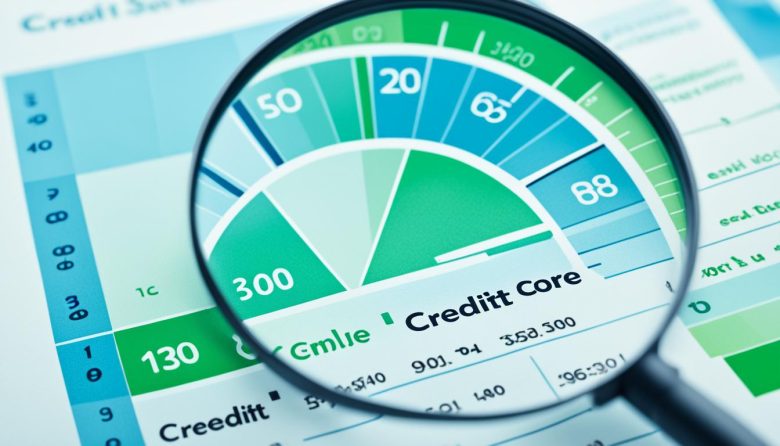Credit scores play a crucial role in our financial lives, impacting our ability to obtain loans, mortgages, and credit cards. Lenders, landlords, and even employers use credit scores as a measure of an individual’s creditworthiness. Checking your credit score is an important step in understanding your financial standing and taking control of your credit health.
While credit reports from the three nationwide credit bureaus – Equifax, Experian, and TransUnion – do not typically include credit scores, there are various ways to check your credit score. One simple method is obtaining your credit score from your credit card company, financial institution, or loan statement. Additionally, there are credit score services and free credit scoring sites available online that can provide you with your credit score.
It’s important to note that credit scores can vary depending on the credit scoring model used and the information considered in the calculation. Therefore, it’s advisable to check your credit score regularly to monitor any changes or discrepancies.
Key Takeaways:
- Checking your credit score is important for understanding your creditworthiness and financial standing.
- Credit reports from the three nationwide credit bureaus do not typically include credit scores.
- You can obtain your credit score from your credit card company, financial institution, or online credit score services.
- Credit scores can vary depending on the credit scoring model and information considered.
- Regularly monitoring your credit score helps you stay informed about your credit health and detect any discrepancies or changes.
Understanding Credit Scores
Credit scores play a crucial role in assessing an individual’s credit risk. These scores are generated by credit bureaus, such as Equifax, Experian, and TransUnion, as well as companies like FICO, using various credit scoring models. Understanding how credit scores are calculated and what factors they consider is essential for managing your credit effectively.
Credit scoring models take into account several factors when determining a credit score:
- Payment History: A history of making timely bill payments is a key factor in credit score calculations. Late payments or missed payments can negatively impact your credit score.
- Credit Utilization: The amount of credit you are currently using compared to your available credit limit affects your credit score. It is recommended to keep your credit utilization below 30%.
- Length of Credit History: The length of time you have had credit accounts impacts your credit score. A longer credit history demonstrates responsible credit management.
- New Credit Applications: Applying for multiple new credit accounts within a short period can indicate financial instability and may lower your credit score.
- Credit Mix: Having a mix of different types of credit, such as credit cards, loans, and mortgages, can positively influence your credit score.
It’s important to note that credit scores can vary depending on the credit scoring model used and the information considered in the calculation. Lenders may report information to different credit bureaus, resulting in different credit scores from each bureau.
Regularly checking your credit score and reviewing your credit reports for accuracy is crucial. It allows you to identify potential errors or inaccuracies that could negatively impact your creditworthiness.
Improving Your Credit Score
Achieving a good credit score within the desired credit score range is crucial for individuals aiming to demonstrate creditworthiness and increase the likelihood of loan approvals with favorable interest rates. To improve credit scores, it’s important to focus on key areas that impact creditworthiness.
Making timely payments is essential in building a positive credit history. By paying bills on time, individuals can demonstrate their responsibility and reliability to potential lenders.
Another critical factor in improving credit scores is reducing credit utilization. By keeping credit card balances low and using credit sparingly, individuals can show responsible credit management and reduce the risk of being perceived as overextended.
Additionally, maintaining a healthy credit history and limiting new credit applications play significant roles in strengthening credit scores. Regularly checking credit reports is essential to ensure accuracy in information. In case of errors or incomplete information, individuals should address them promptly with lenders or credit bureaus to rectify any discrepancies.
One effective way to monitor and manage credit is by taking advantage of the free credit reports provided annually by the three major credit bureaus. By being proactive in monitoring credit and implementing strategies to improve credit scores, individuals can enhance their financial standing and increase their access to various lending opportunities.



